After attending my first animated film press trip, and getting a behind-the-scenes look at what it takes, I have so much more appreciation for the art/craft. I’m going to try my best to give you guys a visual of what we got to experience and see in the room. It was a full day of presentations, but each one was different. And each one left me feeling like I knew absolutely nothing about animation before this trip. 😆
Creating the world of the Incredibles was no easy feat. And this post will explore just a fraction of the details that went into this spectacular film. Get ready for June 15th!
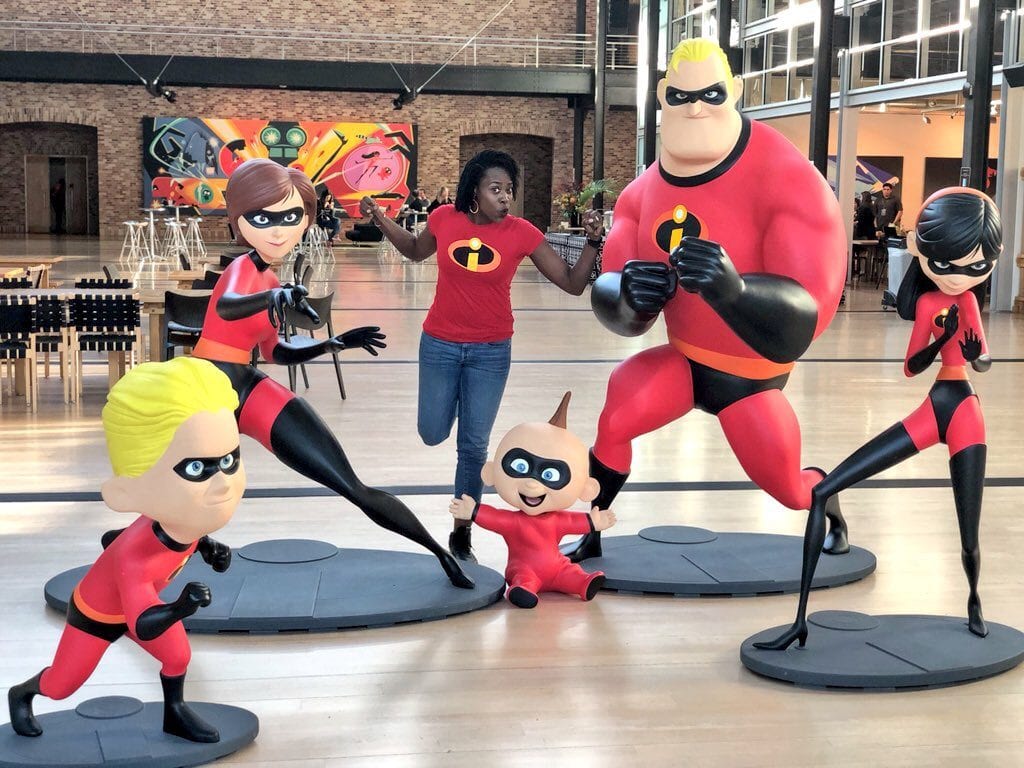
Hanging out with the Supers in the Pixar lobby
Anatomy of an Action Scene
There was a really cool action scene we got to watch that includes Elastigirl and her new Elasticycle. I loved this scene because it proved that no matter how dope you are, or what powers you have, at the end of the day, you’re still a mom! 😂
We got to see the amount of intentional detail that went into creating this unique cycle. I’ve already shared before that the amount of action in this film definitely does not disappoint.
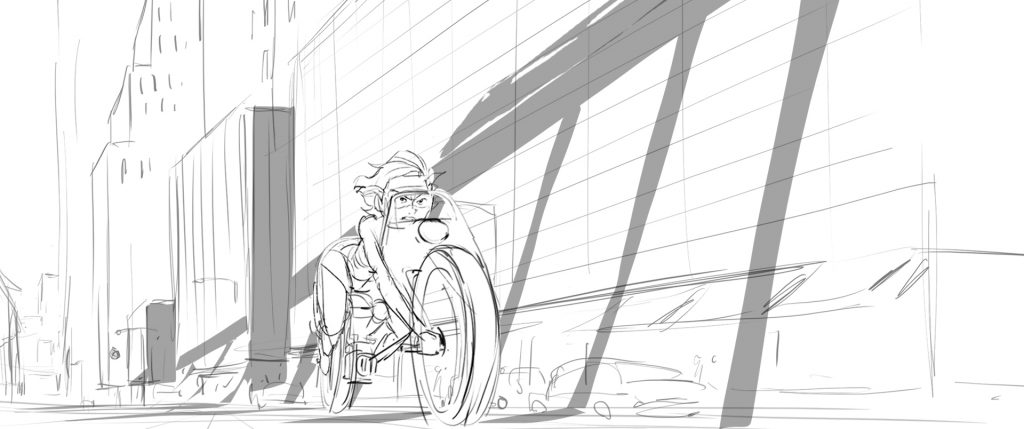
Concept art by Dean Kelly. ©2018 Disney•Pixar. All Rights Reserved.
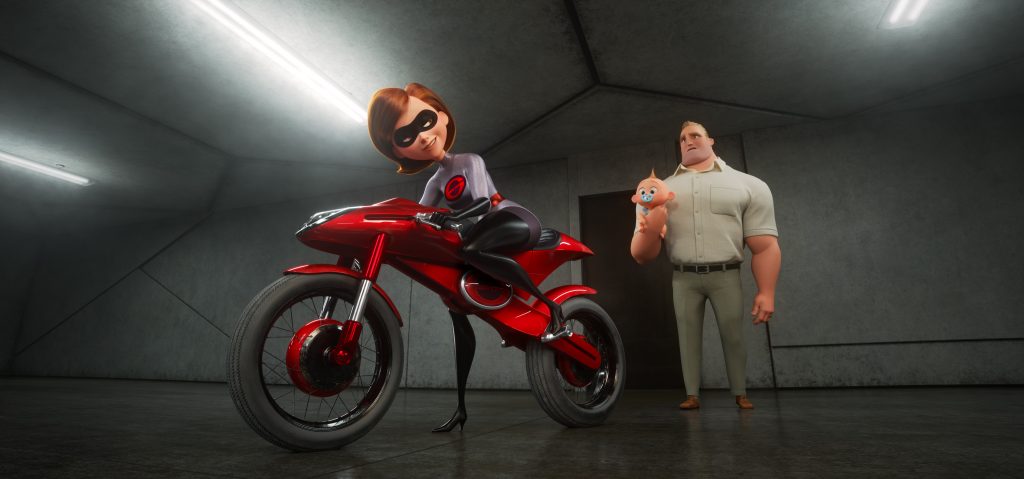
TAKING THE WHEEL — In “Incredibles 2,” Helen aka Elastigirl is called on to help bring Supers back. Her mission comes with a brand-new Elasticycle, a state-of-the-art cycle that is designed just for her. Meanwhile, Bob navigates the day-to-day heroics of “normal” life at home. Featuring the voices of Holly Hunter and Craig T. Nelson, DisneyPixar’s “Incredibles 2” busts into theaters on June 15, 2018. ©2018 DisneyPixar. All Rights Reserved.
I love this sneak peek “Suit up” scene Pixar shared recently.
In the photo below, you’ll see an image of an action scene involving the elasticyle. They walked us through all of the various iterations of how this dynamic action scene was created. Details, details, details. Who knew the incredible amount of detail needed for an action scene? Even something as “simple” as seeing smoke from the tires as Elastigirl zips through the city on her new set of wheels.
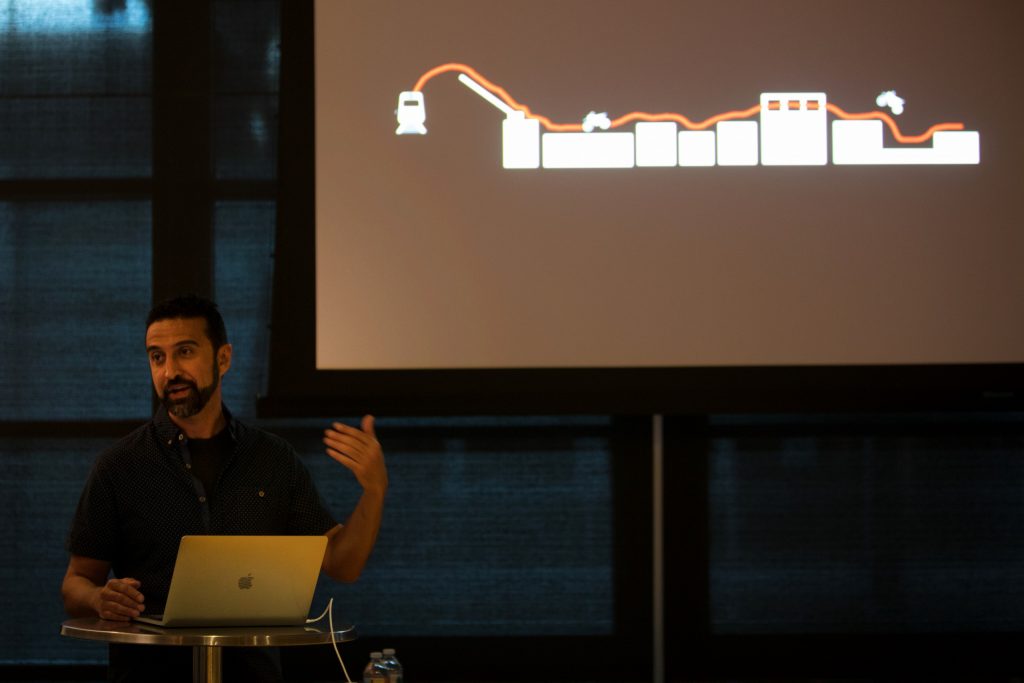
Layout Supervisor Mahyar Abousaeedi at Incredibles 2 Long Lead Press day, as seen on April 4, 2018 at Pixar Animation Studios in Emeryville, Calif. (Photo by Deborah Coleman / Pixar)
Creating the World of the Incredibles 2
The world of the film is just as much a “character” of the film as any of the other characters, as was explained to us. They have to make sure they design the world that the characters inhabit in such a way that it is seamless throughout the film. From the props to the costumes, to texture and lighting, all of these come together to create what we see as one incredible world.
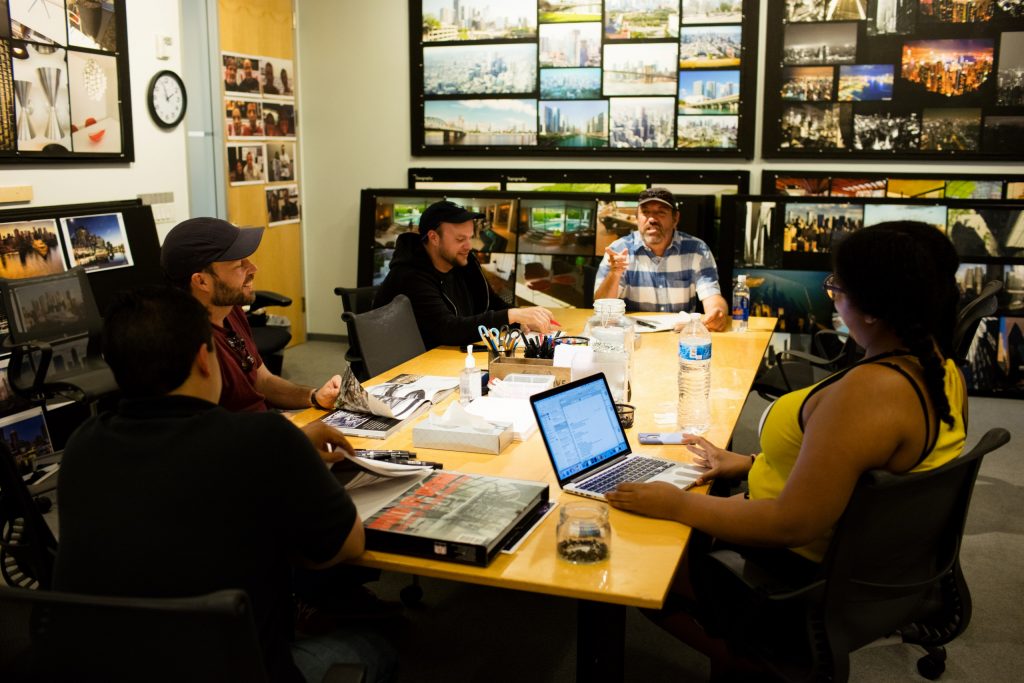
An Incredibles 2 art review, including Joshua Holtsclaw and Ralph Eggleston, as seen on June 22, 2017 at Pixar Animation Studios in Emeryville, Calif. (Photo by Deborah Coleman / Pixar)
The inspiration for the film was mid-century. So they researched midcentury buildings and collected photographs for inspiration. The color palette for the time was very specific. The overall design, including the food (it’s in the small details), is critical to the final picture.
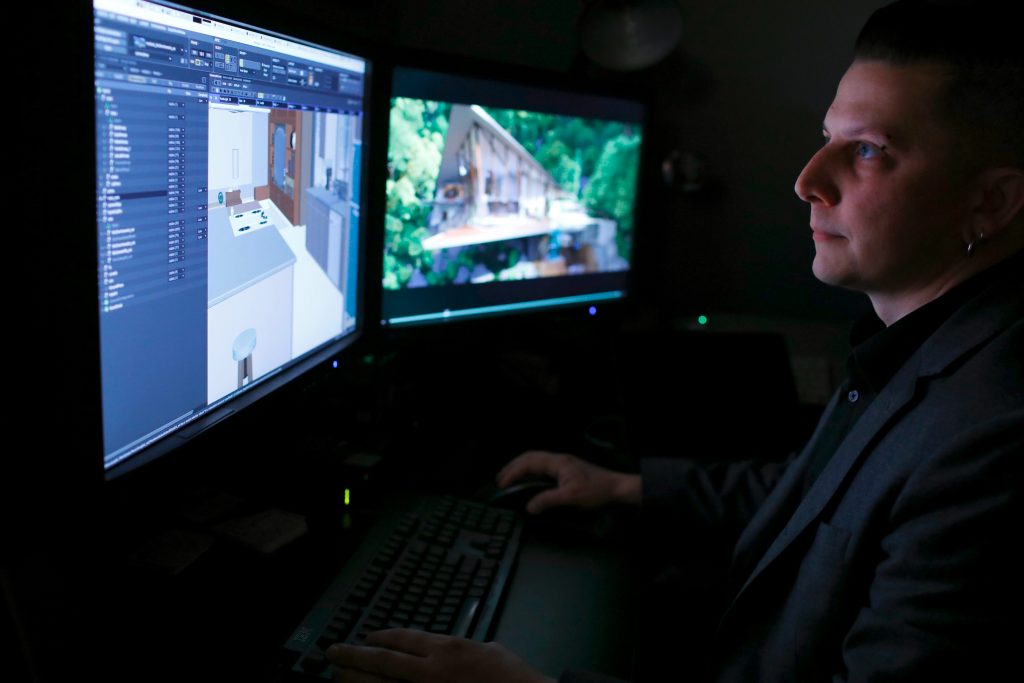
Nathan Fariss is photographed on March 7, 2018 at Pixar Animation Studios in Emeryville, Calif. (Photo by Deborah Coleman / Pixar)
Since we all know the Parr family’s old home was destroyed at the end of the first Incredibles, naturally, they had to create a new home for them.
The details
Seriously, guys, they explained and showed us photos of the ridiculous amount of detail that I would’ve never thought twice about. The type of flooring used, how it looks on camera with angles and lighting. Amazing how small details make a huge difference. The set department alone was a team of over 55 people! Props, vehicles, vegetation, set extensions (skies), etc are all things that this department takes care of.
I can’t wait for you to see the new home the Parrs will be living in when Incredibles is out in theaters on June 15th.
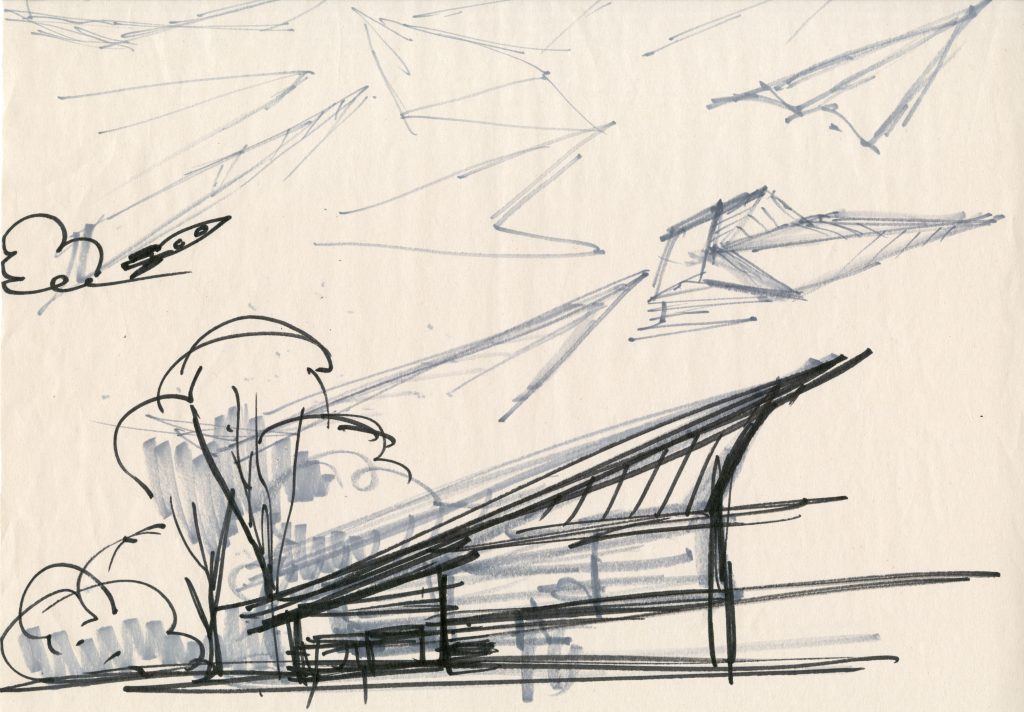
Concept art by Ralph Eggleston. ©2018 Disney•Pixar. All Rights Reserved.
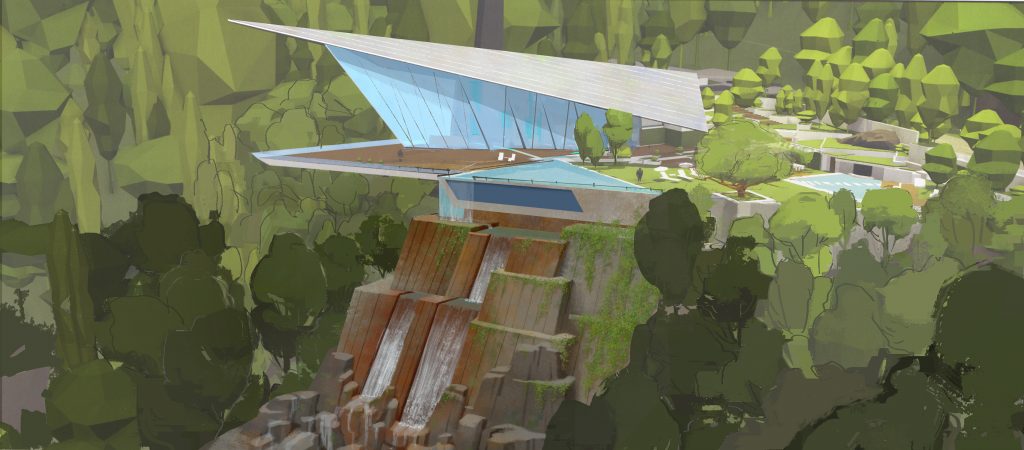
Concept art by Kyle Macnaughton, Philip Metschan and Shelly Min Wan. ©2018 Disney•Pixar. All Rights Reserved.
In most cases, several versions of an item need to be created before a final one is chosen. Collaboration amongst the different departments is key to what they do to bring the film to life.
Every single thing you see in the film (seat cushions, lamps, trees, etc.), they spend thousands of hours creating. Thousands. They also use modelers to assist with the creation.
Progression Art
The next few images show the progression of what happens from the concept of a scene to the final scene that includes lighting, etc. It all starts with the story. In total, 52,725 storyboards 😱were delivered for the entire film! On average, it takes 4-6 weeks to animate ONE shot. Yup, you read that correctly! But because the composition of the characters in this particular shot was so complex, it took the Animation department 8 weeks to complete.
8 weeks for one shot. Now I completely understand why these films take years to create and finalize.
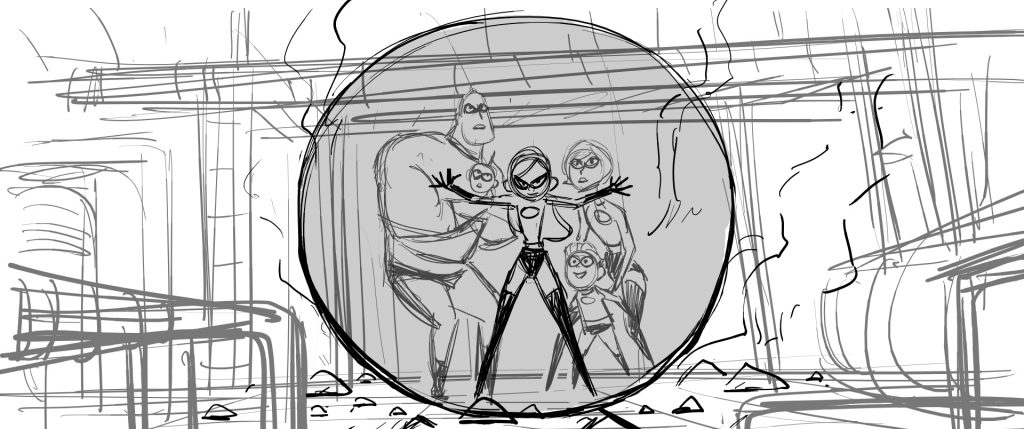
©2018 Disney•Pixar. All Rights Reserved.
Progression Image 1 of 5: Story – This storyboard was drawn by story artist Bobby Rubio for the sequence called “Stop the Tunneler.” Storyboards are drawn by story artists in order to pre-visualize the film as the script is being written. They are placed side-by-side in sequence by the editorial team, to convey the pace of scenes and deliver a rough sense of how the story unfolds. This storyboard is one of approximately 410 boards delivered to editorial for this particular sequence.
Concept Art

©2018 Disney•Pixar. All Rights Reserved.
Progression Image 2 of 5: Art – Once the storyline for a sequence is determined, concept art is created by the production designer and art department to determine the look and feel of the film. This concept art piece was created by production designer Ralph Eggleston, and showcases the exploration of color and design for the characters and new environments. In the first film, “The Incredibles,” bold colors were used to establish a visual language for the film, and the art team wanted to make sure this style was consistent in “Incredibles 2.”
Sets & Layout
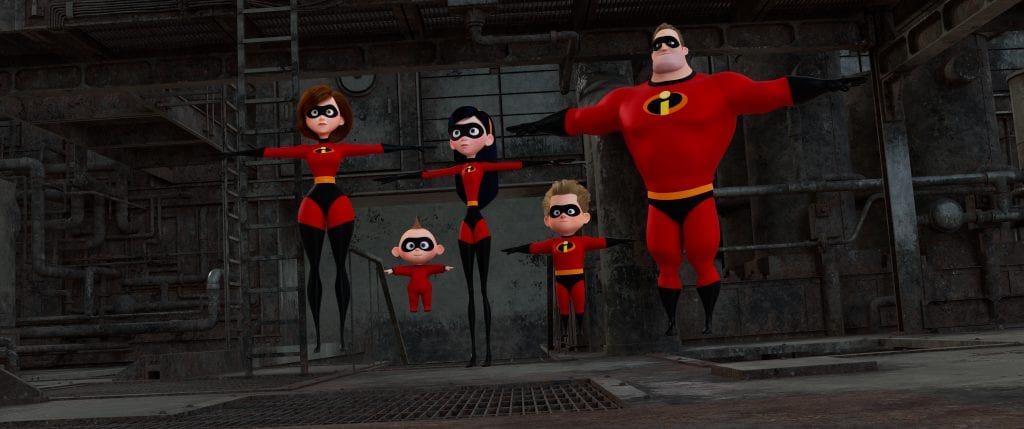
©2018 Disney•Pixar. All Rights Reserved.
Progression Image 3 of 5: Sets and Layout – Using art reference for guidance, technical artists build basic forms and shapes of the sets and characters in the computer during a process called “Modeling.” “Shading” comes next, during which technical artists use a combination of painting and programming to apply textures, colors, patterns and other material properties to give the sets complexity and appeal. This image also shows the phase known as “Layout,” in which a virtual camera is placed into a shot. The characters are “staged” or placed into positions within the built set that work visually with the chosen camera angle.
Animation Team
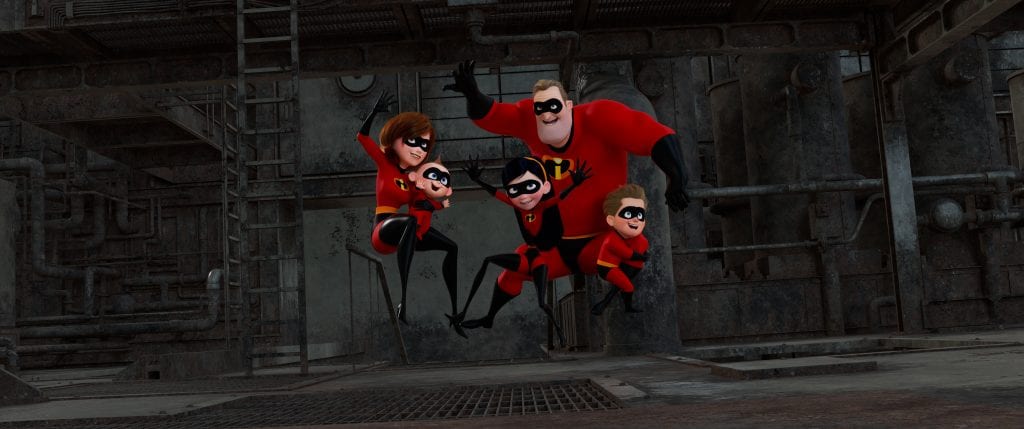
©2018 Disney•Pixar. All Rights Reserved.
Progression Image 4 of 5: Animation – When Layout is complete, the characters are brought to life by the Animation department. Animators often use video reference of themselves or the voice actors to inform mouth shape or expressions, as well as the overall movement of the characters.
Lighting and Effects
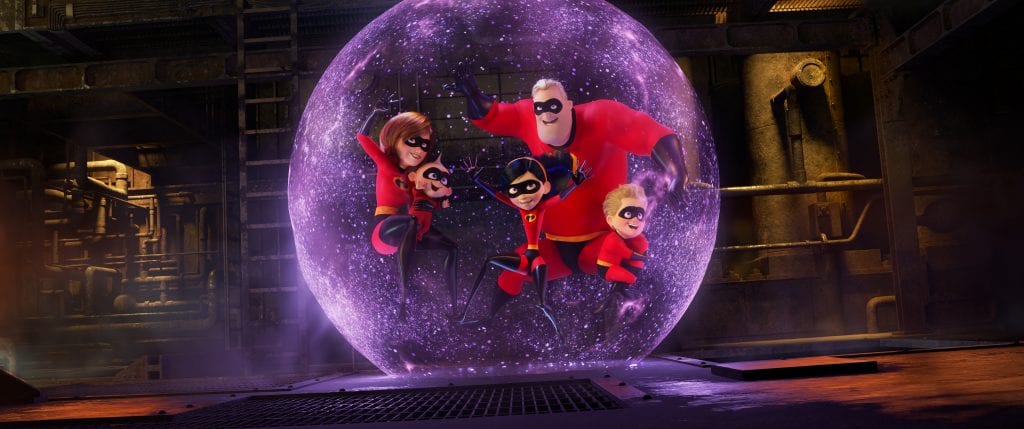
©2018 Disney•Pixar. All Rights Reserved.
Progression Image 5 of 5: Lighting, Effects and Final Image – The Lighting department helps to integrate all of the elements – characters, sets, effects, etc. – into a final, fully visually realized image. The Lighting process involves placing virtual light sources into the scene to illuminate the characters and the set. Technical artists place the lights to draw the audience’s eye to story points and to create a specific mood. The lit images are then rendered at high resolution. 24 lit images, each over 2 million pixels, are created for each one second of the movie.
All the natural phenomena seen in this final image, such as the dust, smoke, and glow of Violet’s orb, were brought to life by the Effects department. Effects artists create these elements using complex simulation software that models the physics of how certain materials move. These Effects elements provide a believable and tangible sense of interaction between the characters and their rich, realistic world, which also helps to reinforce the emotional stakes for the audience.
Have you seen the Incredibles 2 Trailer?! Watch it below!
We got to see 35 min of the film while in San Francisco for the Incredibles 2 Event.
Be sure to Follow all the happenings on social media:
Incredibles 2 Facebook ⎮ Twitter ⎮ YouTube ⎮ Instagram ⎮ Website
Incredibles opens in theaters nationwide on June 15th! Tickets are now on sale. You can purchase yours here.
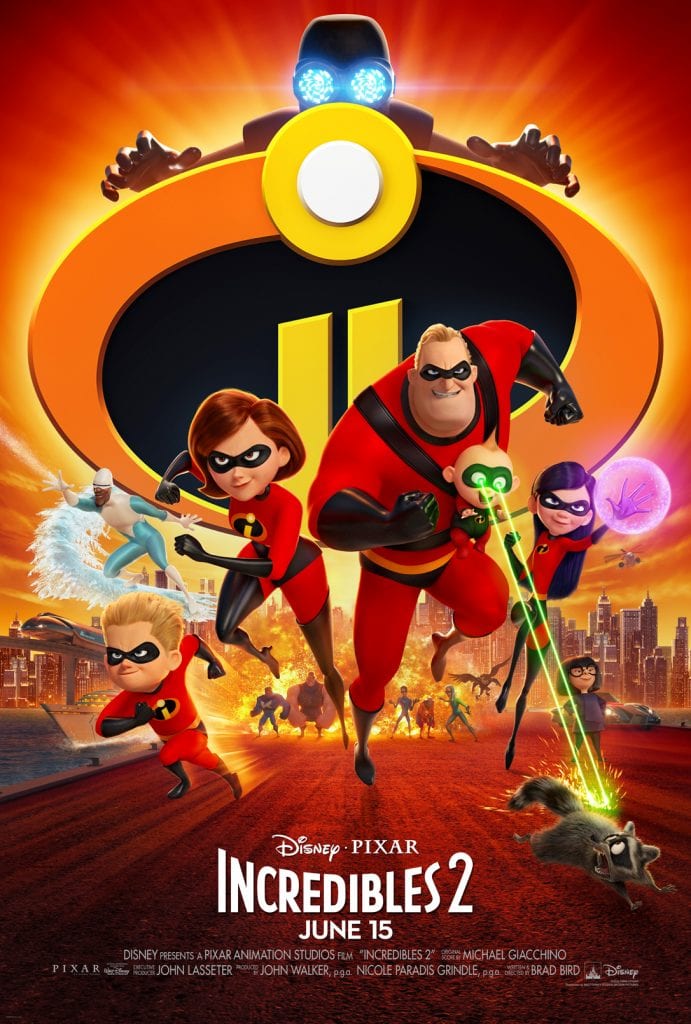
ICYMI: Be sure to check out my previous posts on all things Disney∙Pixar & Incredibles 2
GETTING READY FOR AN INCREDIBLE TIME IN SAN FRANCISCO 4/3-4/5
THE WALT DISNEY FAMILY MUSEUM AND SURPRISE VISIT TO LUCASFILM #WALTAGRAM
PIXAR FEST AT DISNEYLAND RESORT: APRIL 13-SEPT 3, 2018 #PIXARFEST
INSIDE PIXAR STUDIOS: EXCLUSIVE LOOK AT WHERE THE MAGIC HAPPENS
WHAT REALLY GOES INTO ANIMATION COSTUME DESIGN FOR INCREDIBLES 2
This trip to San Francisco to cover the #Incredibles2Event was sponsored by Disney. All thoughts and opinions are my own.

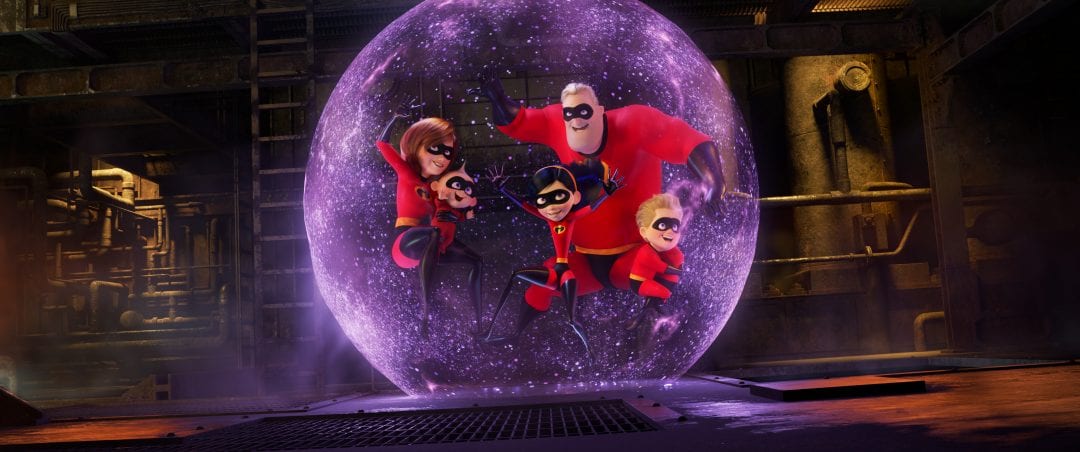
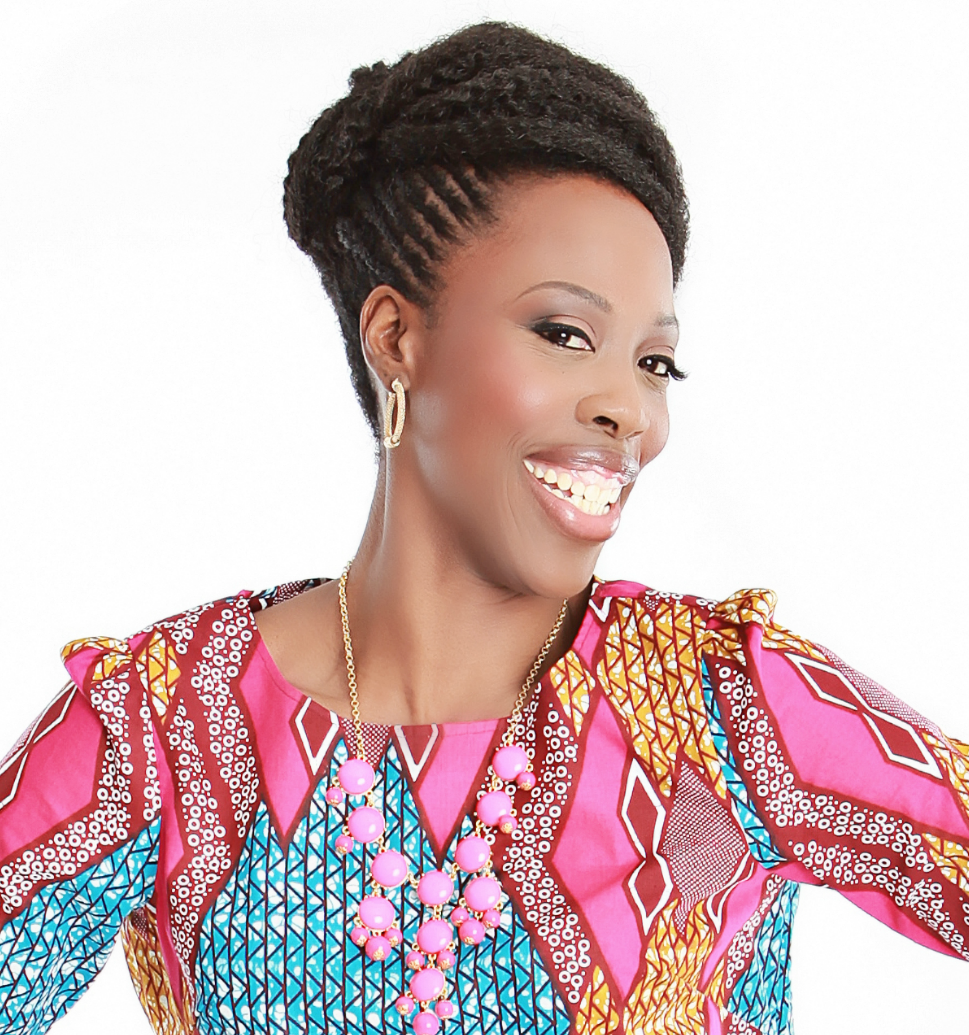
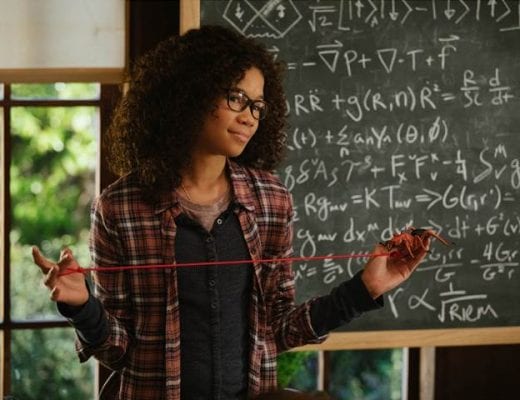
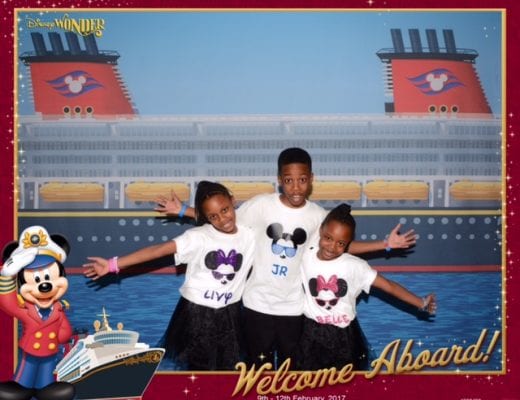
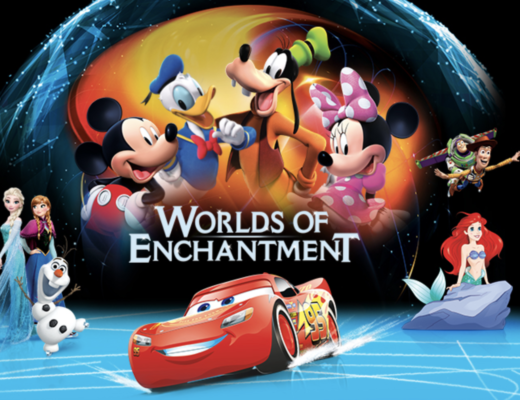
No Comments